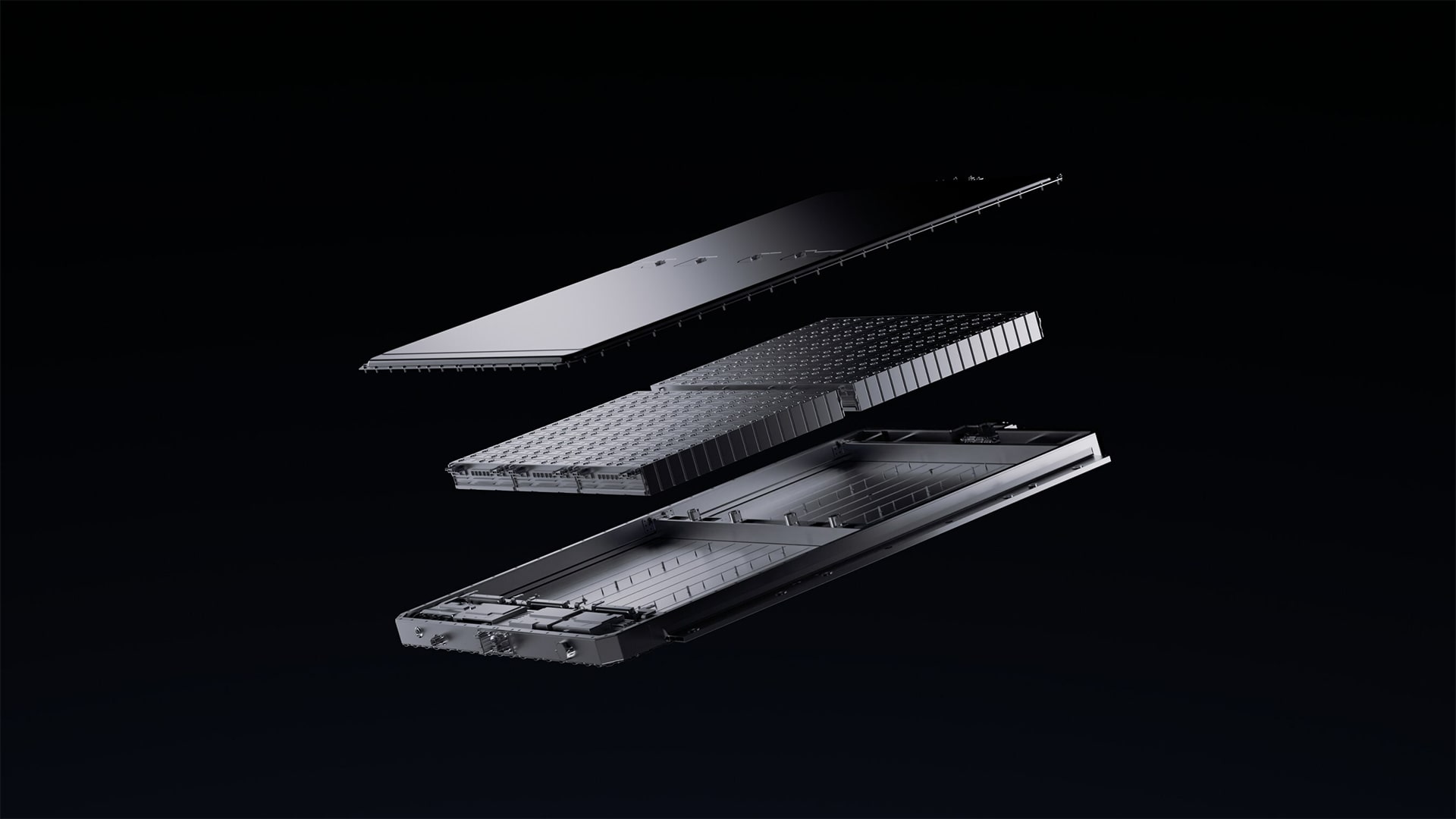Chinese battery cell manufacturer Gotion High-tech has developed an electric vehicle battery that will charge in under 10 minutes, putting the company in direct competition with world leader CATL.
Gotion unveiled the G-Current battery at a technology conference hosted at its headquarters in Hefei. The battery is capable of charging from 10% to 80% capacity in 9 minutes and 48 seconds, according to the company.
“The fast-charging battery will address concerns among consumers about charging,” Cao Yong, vice president of Gotion’s Engineering R&D Institute, said at the May event.
Volkswagen-backed Gotion developed the G-Current with a new mix of materials. Conductivity of the lithium-ion electrolytes has been improved by 30% to 50%, according to the company.
The battery pack is thinner with 30% less components, meaning it can be fitted in EVs ranging from coupes to sport utility vehicles.
The G-Current will come in two types. The lithium iron phosphate (LFP) version does not use rare metals and is more affordable. The more conventional nickel-manganese-cobalt version is capable of longer driving ranges.
Gotion has started to mass produce G-Current batteries for extended-range electric vehicles, a category of hybrids. Production lines for batteries for all-electric vehicles are still being built, with mass production to start at the end of the year.
New energy vehicles account for 32% of new car sales in China, including exports, according to data from the China Association of Automobile Manufacturers. EVs alone account for 20% of the sales volume.
Ownership of NEVs has become mainstream, with long lines at highway charging stations a common sight—and headache for drivers—during holiday breaks.
To address the problem, manufacturers have been moving to shorten charging times. Up to now, EV platforms were made for 400-volt chargers. Now developers are competing to put out batteries that can be plugged into 800-volt chargers.
Global EV battery leader CATL, headquartered in Ningde, China, unveiled the Shenxing Plus battery at the Beijing auto show in April. The new LFP battery has a 600-kilometer range on a 10-minute charge, according to CATL, and can travel 1,000 kilometers on a full charge.
Formally known as Contemporary Amperex Technology, CATL also produces the Shenxing super fast-charging battery, the predecessor to the Shenxing Plus. Mass production of the original Shenxing began at the end of 2023.
Shenxing batteries are found in EVs made by Zhejiang Geely Holding Group under the Zeekr brand, as well as in Chery Automobile’s Exeed series of EVs.
EVs powered by the Shenxing series of batteries are “similar like that of the engine car already” thanks to the fast-charging technology, CATL Chairman and CEO Robin Zeng said at the Beyond Expo tech forum hosted in Macao Wednesday.
CATL’s next step is to develop technology that will provide a sufficient driving range with a six-minute charge, Zeng said.
Zeng spoke entirely in English during his talk at the Beyond Expo, in an apparent move to broadcast his message clearly to overseas markets.
European and South Korean automakers have marched ahead in high-voltage charging. In 2019, Porsche released the Taycan EV that can be charged at 800 volts. The 2024 edition, which uses batteries from South Korea’s LG group, can charge from 10% to 80% capacity in 18 minutes, according to the German carmaker.
Hyundai Motor released the Ioniq 5 that is capable of 800-volt charging. Now China’s EV makers are following suit, and NEVs compatible with 800-volt charging tech are projected to mushroom in the Chinese market.
Last year, there were 125,000 NEVs sold in China that adopted 800-volt platforms, according to Chinese brokerage Soochow Securities. The volume is set balloon roughly elevenfold to 1.32 million units by 2025.
The global market for these vehicles is projected at 1.62 million units in 2025, meaning China is expected to drive the market for superfast-charging EVs.
China’s EV industry has distinguished itself by developing fast-charging technology not just for nickel-manganese-cobalt batteries, but also for LFP batteries, which are installed in 60% of the electrics in the market.
LFP batteries are able to bring EVs to mass market price ranges. Gotion aims to put its new series of batteries in class B models of new energy vehicles, a category of midsize vehicles that make up over 30% of the market.
One major challenge remaining is to expand the network of charging stations for EVs compatible with 800-volt charging technology.
“The number is insufficient in light of the increasing number of EVs that need fast charging,” said Huawei Technologies, which produces fast chargers.
This article first appeared on Nikkei Asia. It has been republished here as part of 36Kr’s ongoing partnership with Nikkei.

